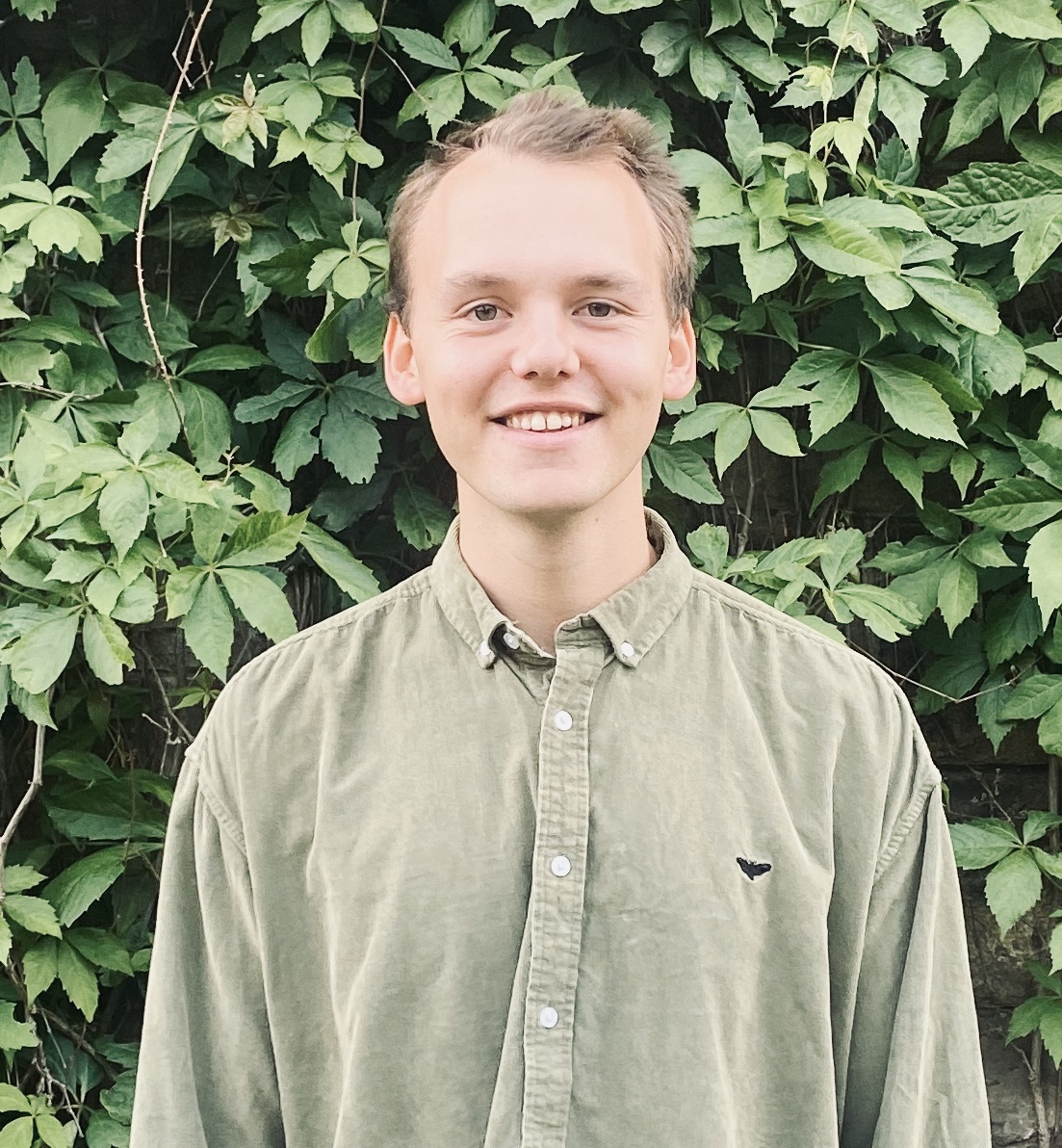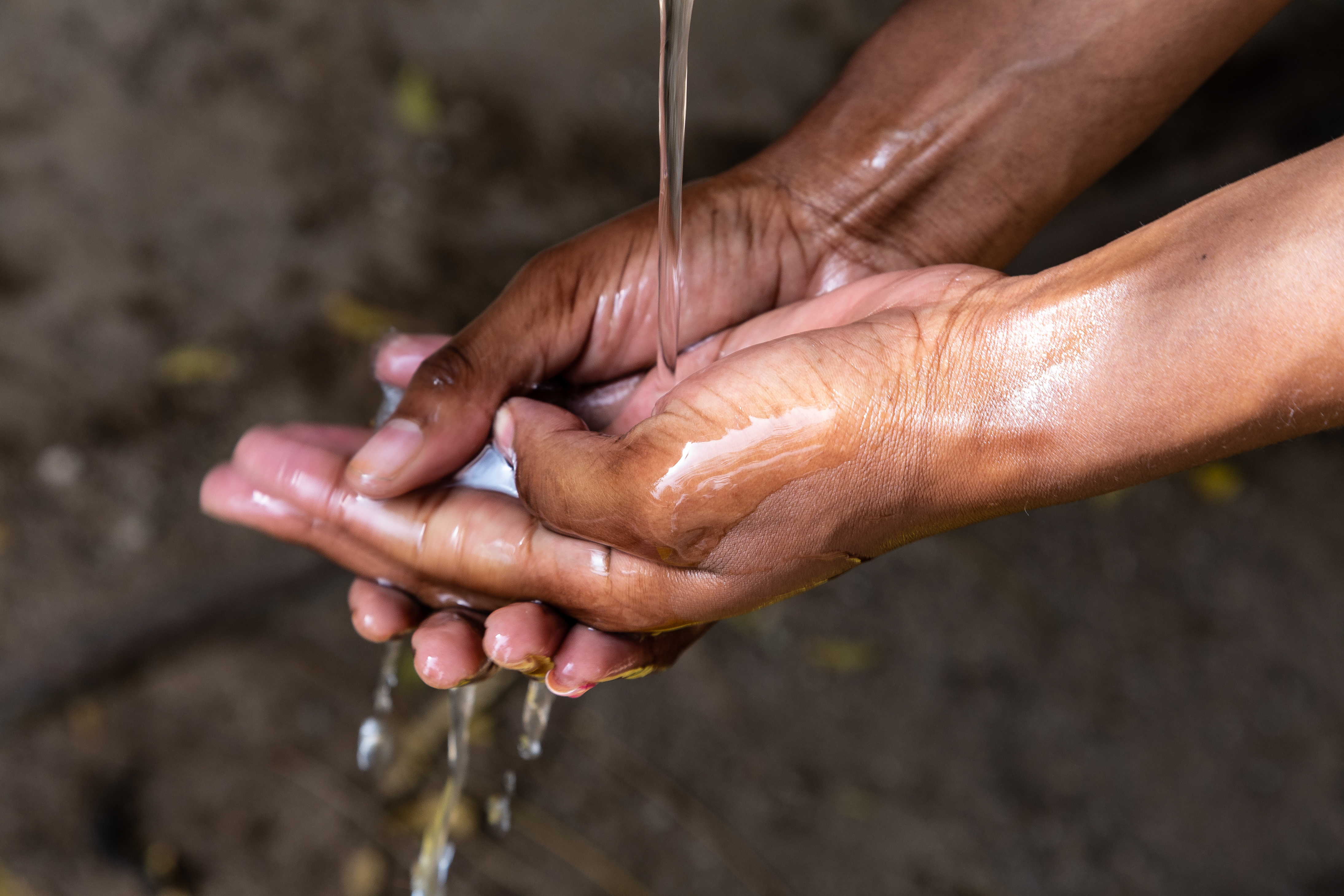This article was written by Tristan Weller, individual member of the Alliance.
In March this year, as SARS-CoV-2 gained a foothold across Europe and the scale of damage it could cause became clear, many commentators feared that Africa’s 1.3 billion inhabitants would be among the worst hit in the world. The Economist, which infamously dubbed Africa the ‘Hopeless Continent’ in 2000, now called it “woefully ill-equipped to cope with Covid-19”; others warned of a “ticking time bomb”; Melinda Gates predicted there would be “bodies in the street”.
These fears were, without doubt, based on the best intentions and stemmed from genuine concerns about Africa’s capacity to cope with a crisis of this scale. It is true that the health infrastructure in many African countries is weak – for example, the entire African continent has fewer than 2,000 ventilators across 41 countries, compared with over 120,000 in the United States. Likewise, concerns that mass lockdowns and social distancing would not be possible in many countries through economic, social and cultural constraints, were well-founded.
But it is important that these expressions of concern don’t renew old tropes of the ‘white saviour complex’ or ‘Africa the victim’. According to this narrative, the continent was expected to wait passively for the disease to ‘ravage’ them, while the Global North, whose superior medicine and organisation would no doubt extinguish the virus with ease, worked on a vaccine.
The last two months haven’t stuck to the script. As of June 22nd, Africa has recorded a total of 306,605 confirmed cases and 8,121 deaths according to the BBC. These numbers do, of course, represent a tragic loss of human life – but, critically, African countries have not yet seen the same exponential growth as in Europe or America. The continent accounts for 17% of the world’s entire population, but barely 1% of the number of infections and less than 1% of total deaths.
Part of this gap can be attributed to poor testing rates in some African countries. According to the ‘Africa Centres for Disease Control and Prevention’ (Africa CDC), only 1.8 million tests have been conducted across the continent, or just over 0.1% of the population, compared to 2.3% across the OECD.
Many African countries struggle to compete in the global market for scarce testing equipment, according to a commentary in The Lancet scientific journal. “The West has commandeered most of the materials for the testing… and we’re further back in the queue asking for them,” said Professor Robin Wood of the Desmond Tutu HIV Centre in South Africa in April.
However, there is little evidence so far of African hospitals being overrun with Covid-19 cases, or of a drastic spike in deaths, according to Dr John Nkengasong, director of the Africa CDC.
Meanwhile, all 5 countries with the most coronavirus deaths are ‘high’ or ‘upper-middle-income’ according to the World Bank, and their health systems have been the ones facing inundation. This has led one Senegalese academic, Felwine Sarr, to say “the Europeans are worried about us, but we are worried about them.”
A number of explanations have been posited for the differing experiences across to this point. Demography, for example, is no doubt a major factor. Covid-19’s mortality risk increases with age, with over 95% of deaths occurring in those aged over 60. Africa is the world’s youngest continent, with nearly 60% of its population aged under 25, according to the UN.
But it is important, I argue, to insert African agency into the picture; African nations have actually done things to mitigate the threat of the disease. Governments have imposed a raft of measures, including decisive early lockdowns in many countries when the number of cases was still in the dozens. Many African countries have experience in handling previous pandemics, including Zika and Ebola, and in some cases have repurposed existing health infrastructure towards fighting Covid-19.
Some governments have, arguably, gone too far in following the established lockdown model of slowing the spread, especially given the lower risk posed to Africa’s youthful population and the immense threat posed by other diseases like Tuberculosis and Malaria, which claim hundreds of thousands of African lives each year.
Further, stories of African success, innovation and spirit are underreported. In Senegal, scientists are trialling a Covid-19 test that could give results in just ten minutes. In Uganda, ‘The Market Garden’ app is enabling women market sellers to maintain an income during lockdown by selling produce from their homes and having it delivered to customers. Ethiopia’s unconventional approach, which has included converting public universities into quarantine centres and conducting 11 million house-to-house screenings, has yielded many positive outcomes to date, all while avoiding a lockdown.
Far from playing the role of passive victims, or worse, ‘guinea pigs’ for a vaccine, as two French scientists suggested in early April, many Africans are responding to the challenges posed by Covid-19 with innovation, tailored to their own circumstances.
To be clear, now is not the time for celebration. Covid-19 still poses an enormous threat to the continent, both in health and economic terms. As Dr Matshidiso Moeti, WHO Regional Director for Africa, says, “we must not be lulled into complacency as our health systems are fragile and are less able to cope with a sudden increase in cases.”
I argue that three main things need to change in the way the international community thinks about the pandemic in Africa:
- Recognise Africans as partners rather than victims. Africans have agency and are using it to combat the virus both in their own countries and around the world. This is not to say that there isn’t room for support from the global community; all countries would benefit from international coordination and support at this time. But it is important to recognise African successes, rather than focusing solely on pain and suffering. Further, other countries should be prepared to learn from the strategies used in African countries.
- Encourage greater international cooperation on the procurement of testing and other materials. It is unfair that Africa should have to bear the full brunt of the global shortage of these crucial supplies. This story of Western monopolisation will only repeat itself if and when a vaccine is developed without a globally equitable response.
- Recognise the need for African solutions. The model established in the global north simply doesn’t work across the board in Africa, as emphasised in the South African ‘Mail & Guardian’ newspaper in early April. Lockdowns are in many cases harder to implement for African nations, and they may be less able to bear the economic impact. As the Mail & Guardian columnist points out, “At the bottom of the global pile, recession isn’t just a matter of falling property prices and disappointing pensions, it’s a matter of life and death.” A range of strategies is available beyond draconian lockdowns, and Africans must be the ones to develop and prescribe them.
The Covid-19 epidemic will only ever be beaten if victory is achieved at a global level. We have a collective interest in ensuring that the African response to the crisis continues to beat the odds.


